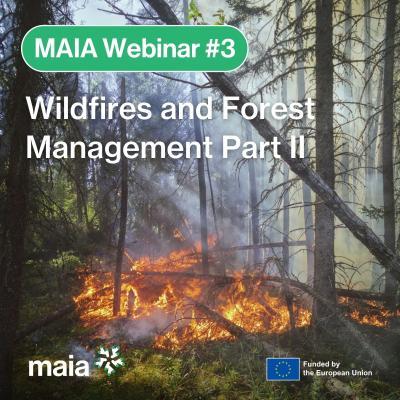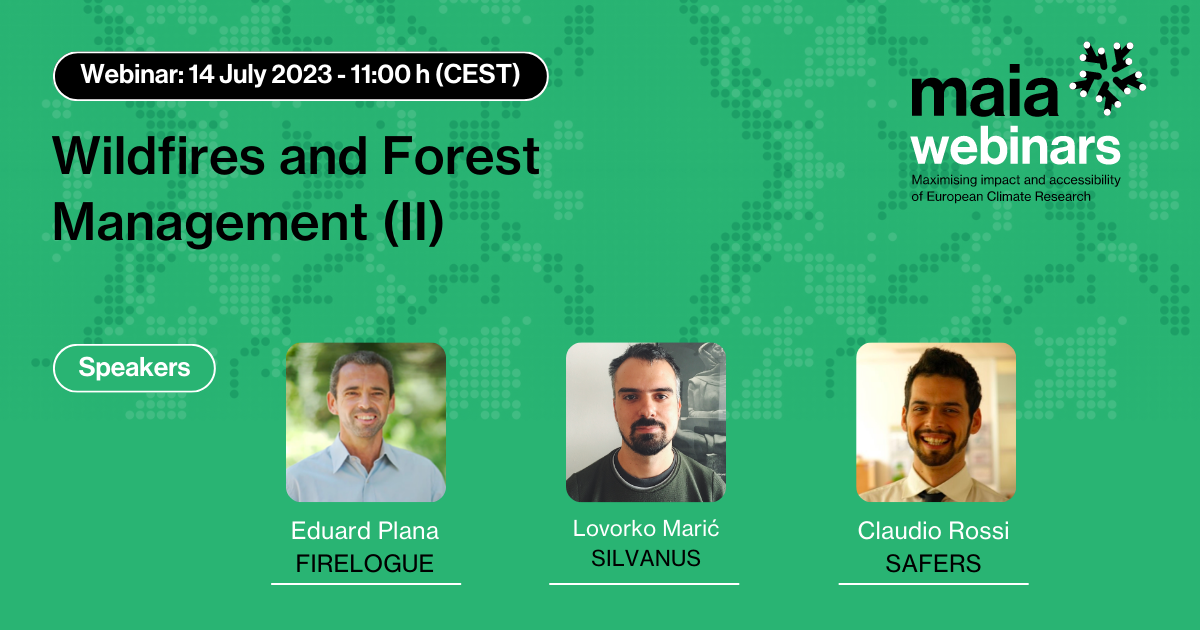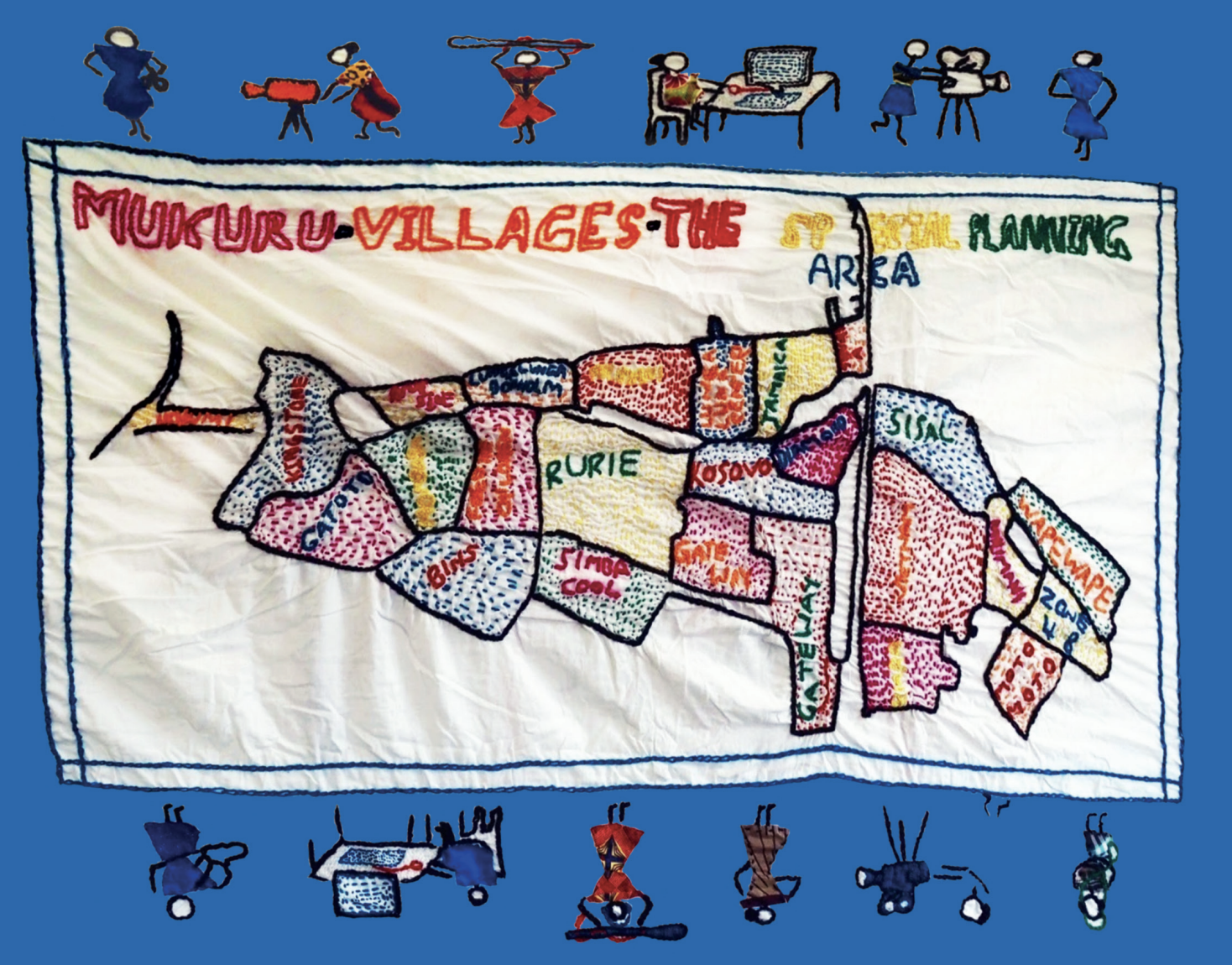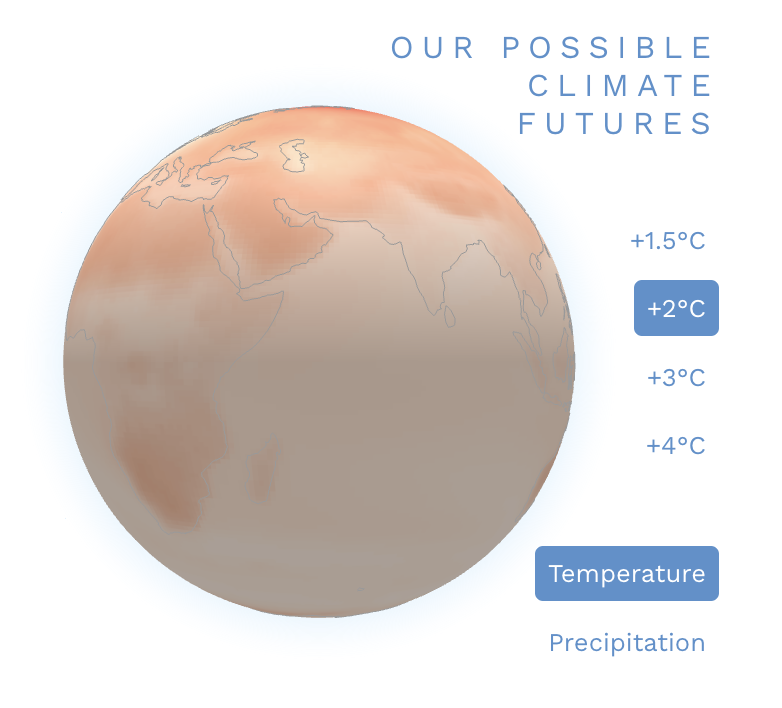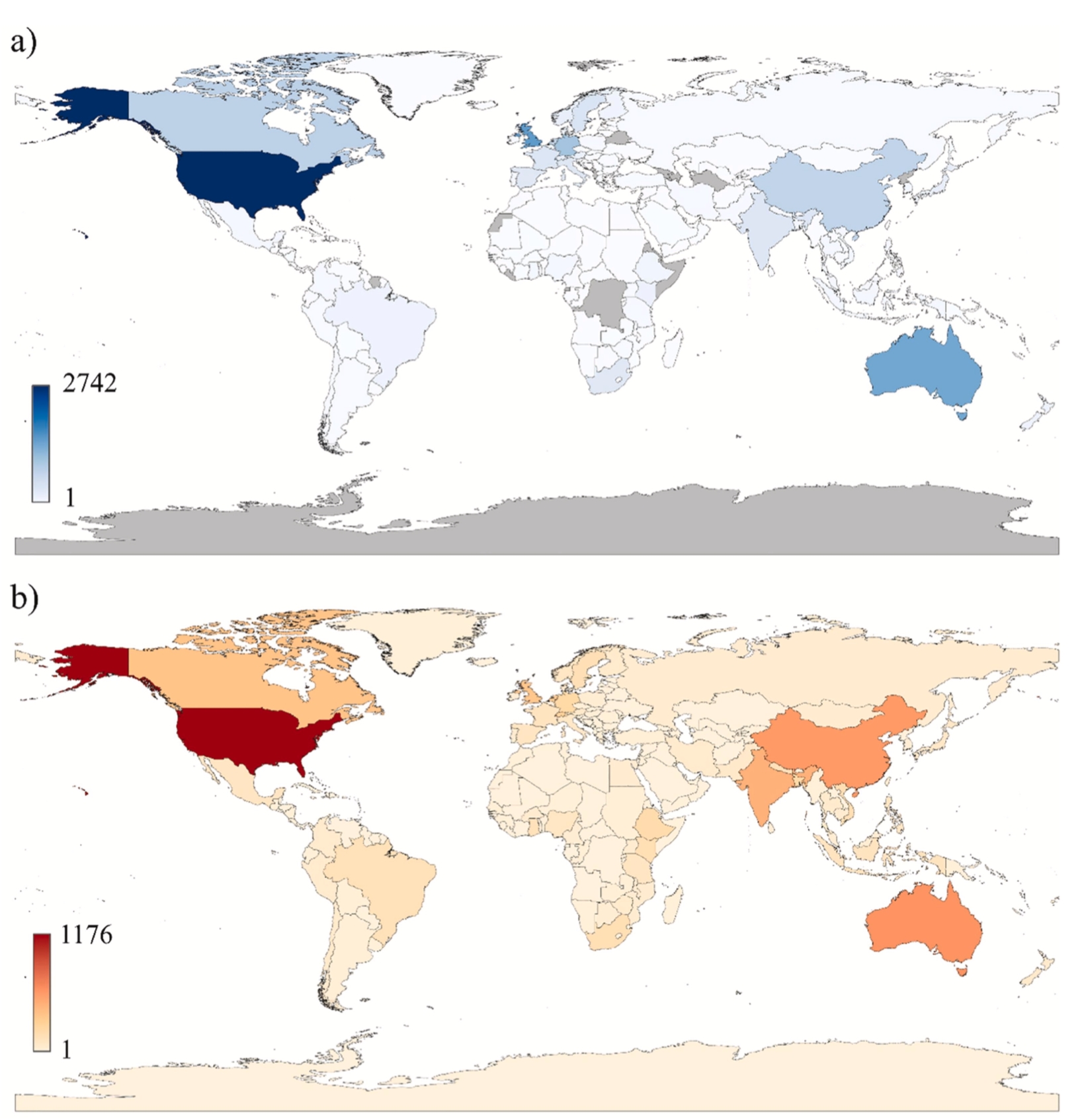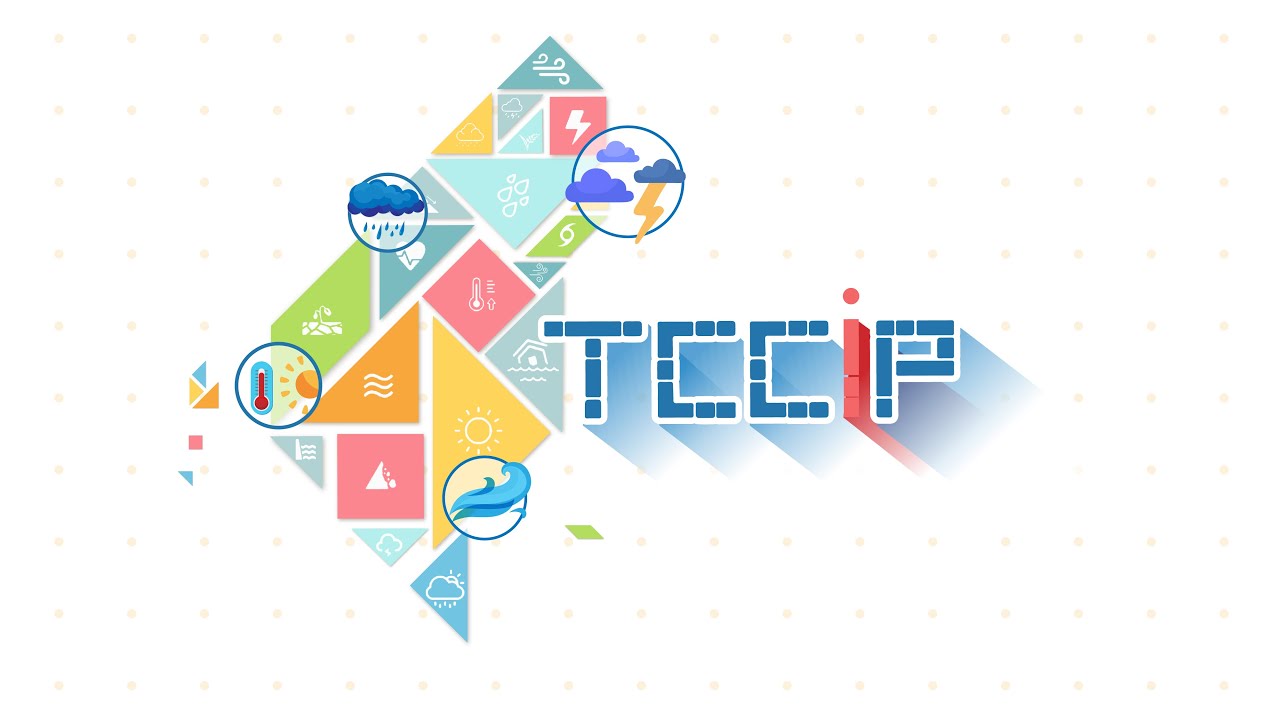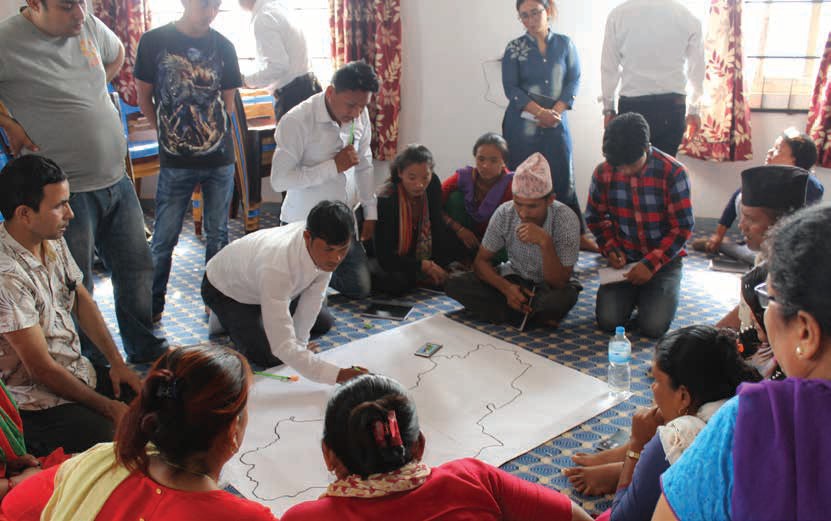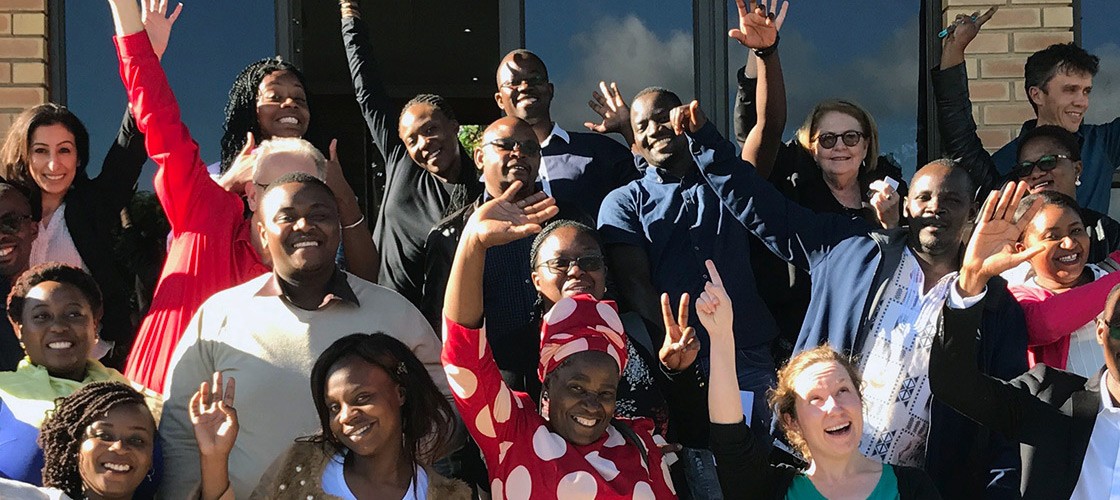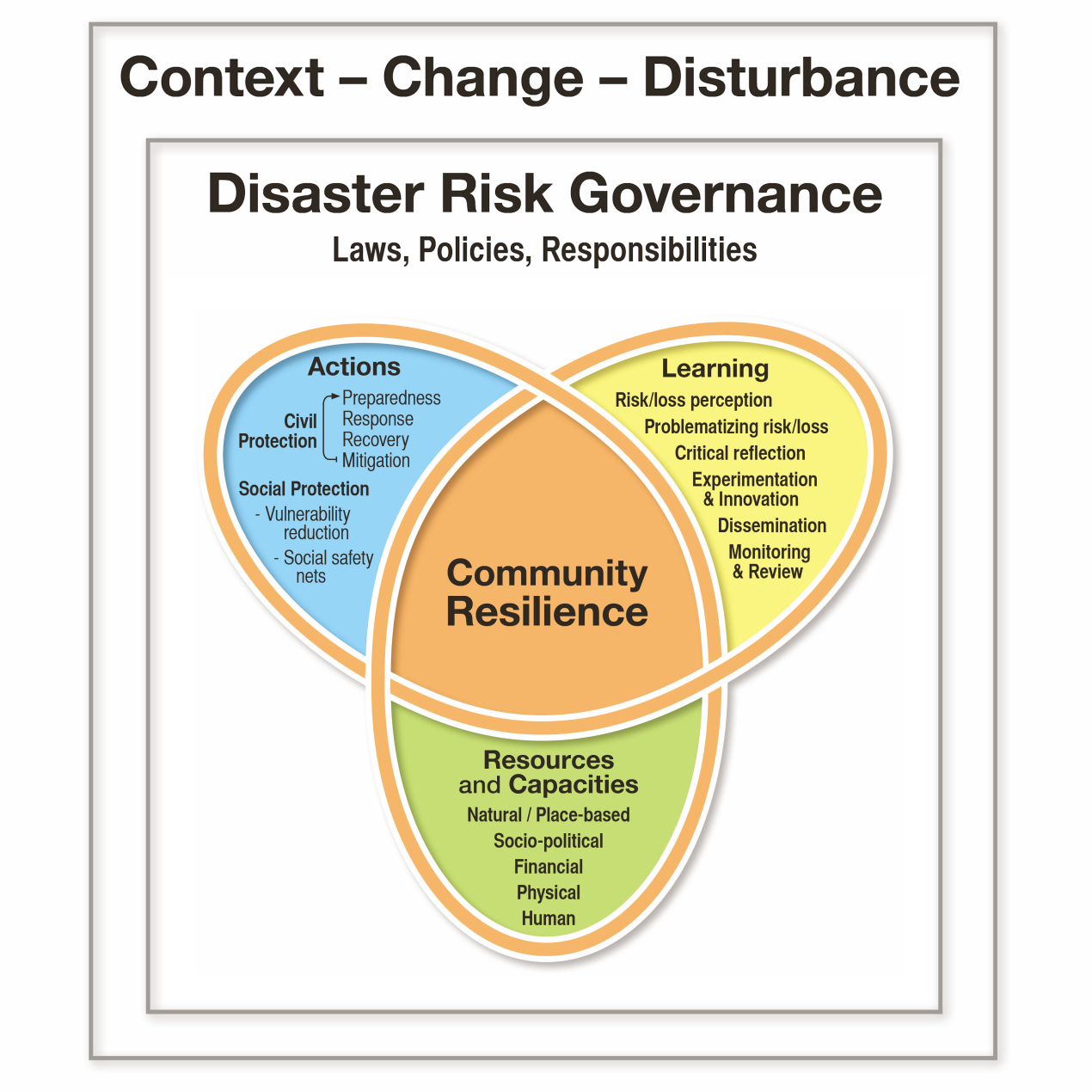methods and tools
Lessons Learned from webinar “Wildfires and Forest Management (II)”
On the 14th of July the MAIA Webinar: Wildfires and Forest Management Part II, we had the pleasure hearing from EU projects FIRELOGUE, SILVANUS and SAFERS! Keep reading to find out more.
Locally Led Planning: A Guide for Building Climate Resilience in Urban Informal Settlements
Discover resources for locally-led, inclusive, multisectoral upgrading for climate resilience in urban informal settlements in this guide. It aims to support a range of stakeholders to both build climate resilience in informal settlements and link locally led action with broader processes of urban and climate governance.
IPCC WG1 Interactive Atlas
Explore observed and projected climate change information in this novel tool developed by the UN IPCC. Use the regional information component to generate global climate maps, and the regional synthesis tab to get qualitative information about changes in climatic impact-drivers.
Mapping the Evolution and Current Trends in Climate Change Adaptation Science
This study provides a review of climate change adaptation science literature that spans from the first publication in 1978 to mid-2020. It identifies the underpinning foundations, leading authors, countries and organisations, as well as dominant research themes and priorities, and explores how these have changed over time.
Taiwan Climate Change Projection Information and Adaptation Knowledge Platform (TCCIP)
The Taiwan Climate Change Projection Information and Adaptation Knowledge Platform (TCCIP) provides climate change data, information, knowledge services for governments, research, industries and the public in Taiwan.
Using the Analytic Hierarchy Process to support decision making on climate change adaptation
This manual supports adaptation decision-makers in government institutions, international agencies, civil society and other development partners to identify and prioritize adaptation solutions.
Participate! – an online course on how to better facilitate events on climate change adaptation and disaster risk reduction
“Participate!” is a free, interactive, online training module developed by SEI and the Red Cross Climate Centre to support the design of more effective science, policy, and practice events.
Foresight for policy & decision-makers
This report explores the potential role of foresight in integrating DRR and CCA through an analysis of 20 of the most common foresight methods.
Conceptualizing community resilience to natural hazards – the emBRACE framework
This paper describes the emBRACE framework of community resilience - a heuristic analytical tool for understanding, explaining and measuring community resilience to natural hazards.
